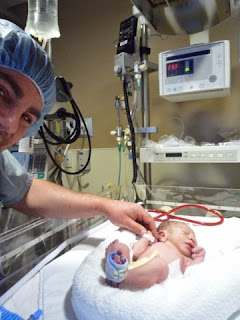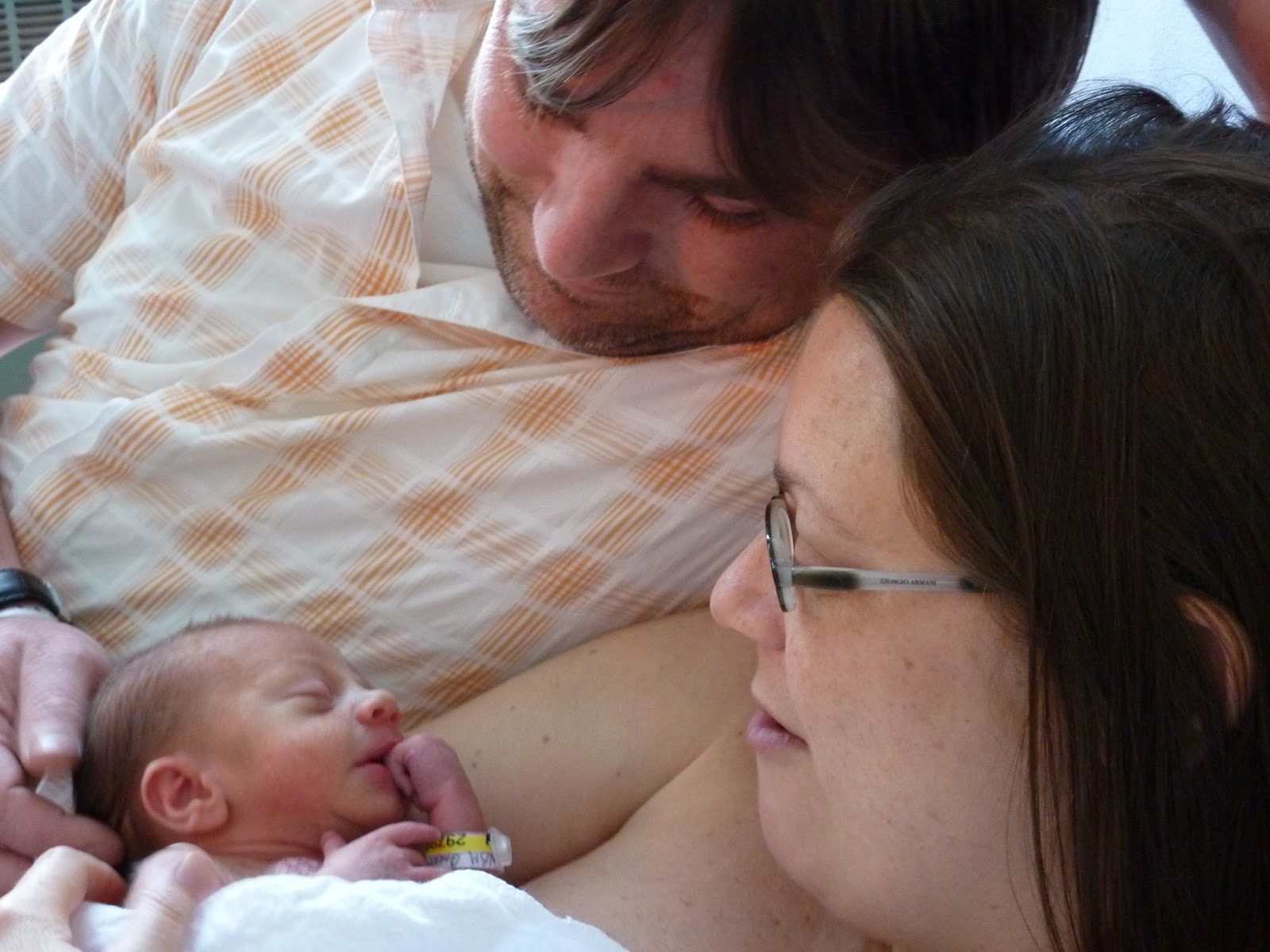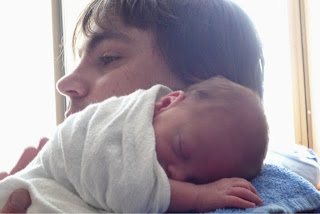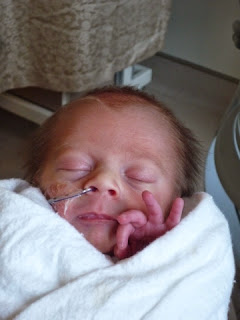 |
| (image licensed under Creative Commons) |
The May long weekend has arrived and that means, inevitably, it's raining. Except for the one or two dull, cloudy days that have punctuated each week for the last month, however, sunshine has returned to Kelowna with the arrival of Spring after the seemingly endless monochromatic cloud-cover and valley fog of an Okanagan Winter. Magnolias bloom voluptuously; redwing blackbirds sing riotously. Leaves burst from branches, tender and bright; marmots laze on rocks, languorous and sleepy. Yes, the sun has indeed returned and, swaddled in its warm embrace, I find myself in a sudden and unexpected state of almost indecent happiness. Nature is renewing itself, and I can't help but feel that I am, too. So, it is in this spirit of rebirth that I am relaunching Sunshine and Simple Things.
It is fitting that my last post, written just over a year ago, was about the difficulty I was having balancing work and family life while also coping with the worst flare up of my Crohn's disease I'd ever experienced. At the time I wrote that post, I'd been debilitated by the Crohn's to such an extent that just a week later I decided my only hope of getting healthy and finding some sort of equilibrium was to go on sick leave from work. Thus started a cycle: off work, then back, then off again. In 2013 I managed to work full-time for all of five months, but I was in the classroom teaching for zero of them. It had finally happened: Crohn's had taken control of my life, effectively usurping Blaine and Euan from their place at the centre of my world. If the flare up eased for a day or two, we were all happy; if things were bad for me, everyone suffered. No one was happy.
Miraculously, despite my ill health I managed to get pregnant in early Spring 2013. Fittingly, I discovered the happy news on Mother's Day. Of course, this made treating the disease that much more challenging for my gastroenterologist, and the pregnancy was...tumultuous. Trying for a baby may not have been the smartest choice given the circumstances but, considering how rapidly my condition was deteriorating, I truly believed that if I didn't manage to conceive a second child now, I never would. The Crohn's didn't get much worse while I was pregnant (thankfully), but it also didn't get any better (unfortunately). I was plagued by anxiety over how my constant state of malnutrition would affect the baby, even though my obstetrician assured me that my little parasite would take everything it needed first, and my body would survive on leftovers. This proved to be true: on December 27, 2013 beautiful Isla Huguette joined our family only two weeks before her due date. She was small (at only 5 lbs 11 oz, she was only 2 lbs bigger than Euan was, and he was 5 weeks early) but perfect and, to my great relief, wonderfully healthy. I, on the other hand, had lost over 20 lbs during the pregnancy, and at 4 days postpartum the sh** hit the fan, as they say.
I thought I'd been sick for the previous 14 months, but I'd never experienced anything like this. I was completely non-functional. I was lucky to be well enough to leave the house once a week; the rest of the time I spent writhing in pain, sometimes in bed, usually on the toilet. Thankfully, Blaine was on parental leave and we had plenty of family support because I could barely take care of my own basic needs, let alone those of an active 2 1/2 year-old and a newborn. Even though Isla was a fairly good sleeper most nights, only waking every 3 or so hours to feed, I was routinely running to the bathroom every 30-45 minutes, so I never felt rested and exhaustion only made my symptoms worse. And so I made the decision that I'd always known was inevitable: I would have ostomy surgery. I'll get into the details more in a future post, but for the uninitiated, having an ostomy (in my case, an ileostomy) means that a portion of my bowel is diverted through the abdominal wall and I poop into a bag. Pleasant, right? It's a sign of how sick I was that this was my most desirable option. I got the call from surgical booking on my birthday, and it was the best present I could have hoped for.
On March 7th I had the surgery, and now, nearly 2 1/2 months later, I feel as though I have indeed been given the best gift of all: I've got my life back. This is my Spring of renewal, rebirth, resilience. Laugh at the cliches, I don't mind. I've emerged from the dark and dreary world of pain, depression, and isolation that so often accompanies chronic illness, and I survived. Perhaps not unscathed, but alive and ready once more to enjoy the sunshine and simple things.





 Having a premature baby is hard. It was an emotionally exhausting experience, and we know we were incredibly lucky. Euan lived in the NICU at Kelowna General Hospital for the first three weeks of his life, but he was wonderfully healthy and suffered no complications from his small size and early arrival. I know that many families of preemies face much more difficult situations than ours. I was released from hospital when Euan was five days old, and leaving without my baby was probably the hardest thing I've had to do. I wept--a lot--that day. But we quickly got into a routine of going to the hospital several times a day for Euan's feedings and fitting in around it the rest of life and its attendant responsibilities. There is no choice but to adapt to circumstances that we cannot control.
Having a premature baby is hard. It was an emotionally exhausting experience, and we know we were incredibly lucky. Euan lived in the NICU at Kelowna General Hospital for the first three weeks of his life, but he was wonderfully healthy and suffered no complications from his small size and early arrival. I know that many families of preemies face much more difficult situations than ours. I was released from hospital when Euan was five days old, and leaving without my baby was probably the hardest thing I've had to do. I wept--a lot--that day. But we quickly got into a routine of going to the hospital several times a day for Euan's feedings and fitting in around it the rest of life and its attendant responsibilities. There is no choice but to adapt to circumstances that we cannot control. 



